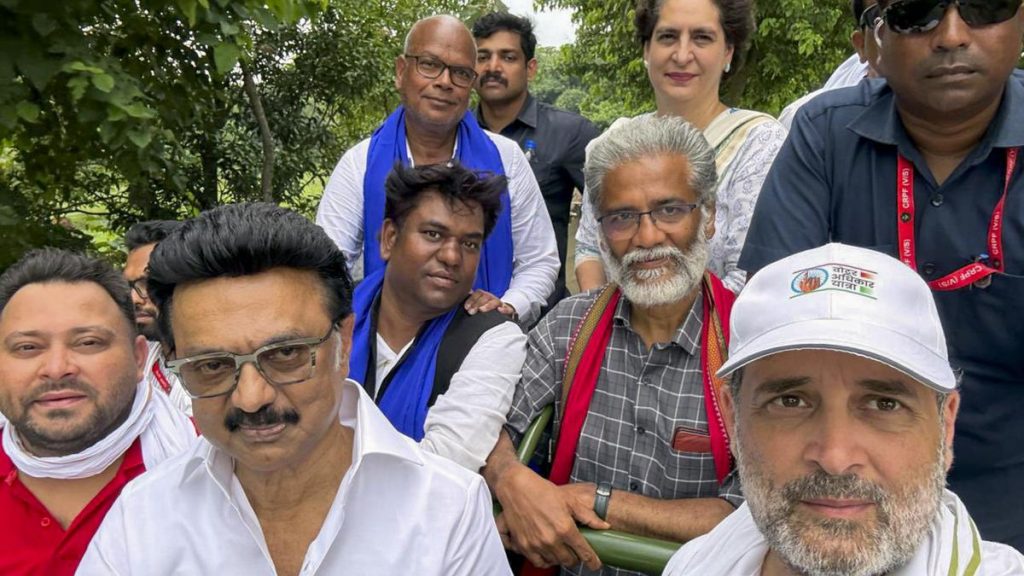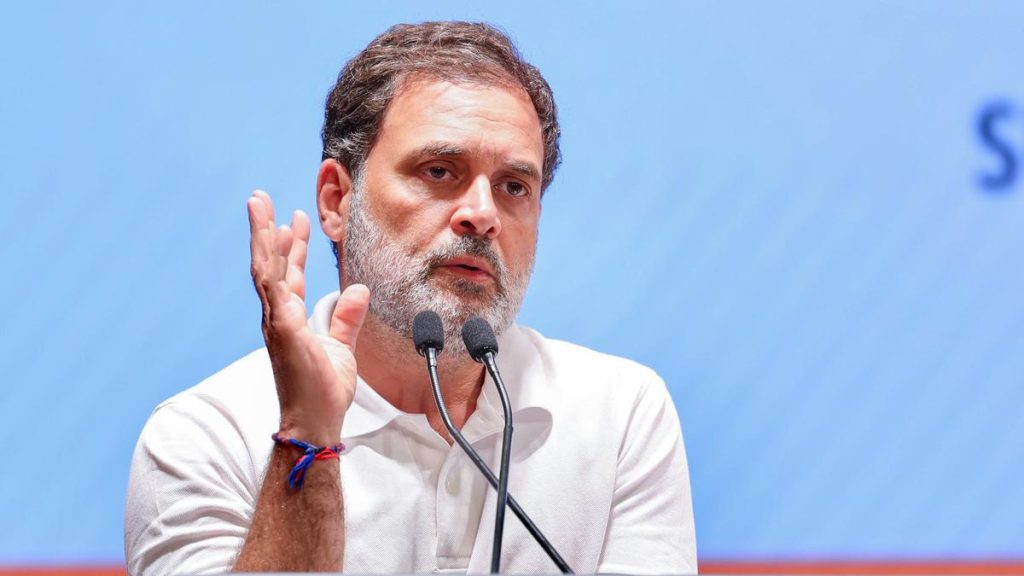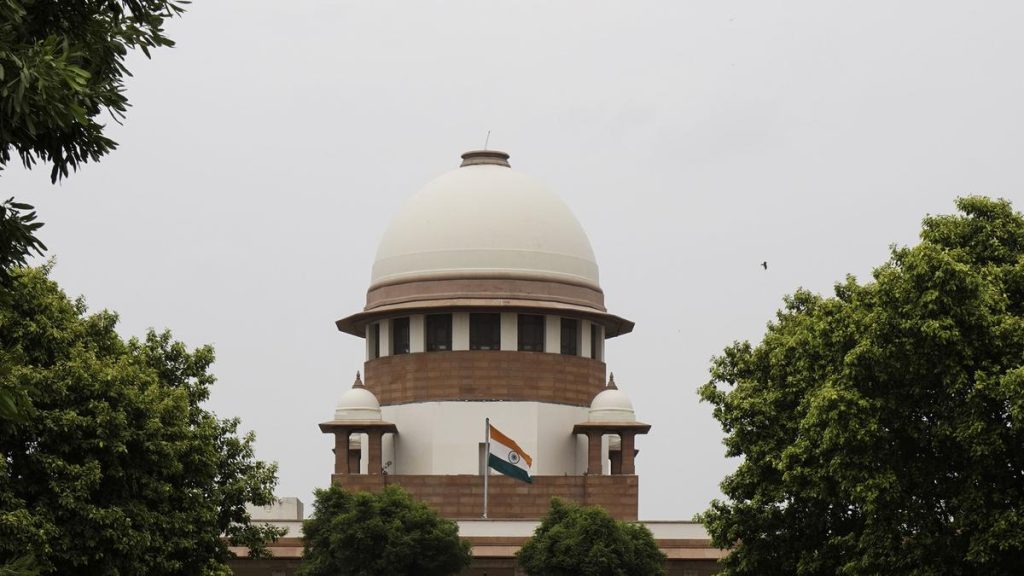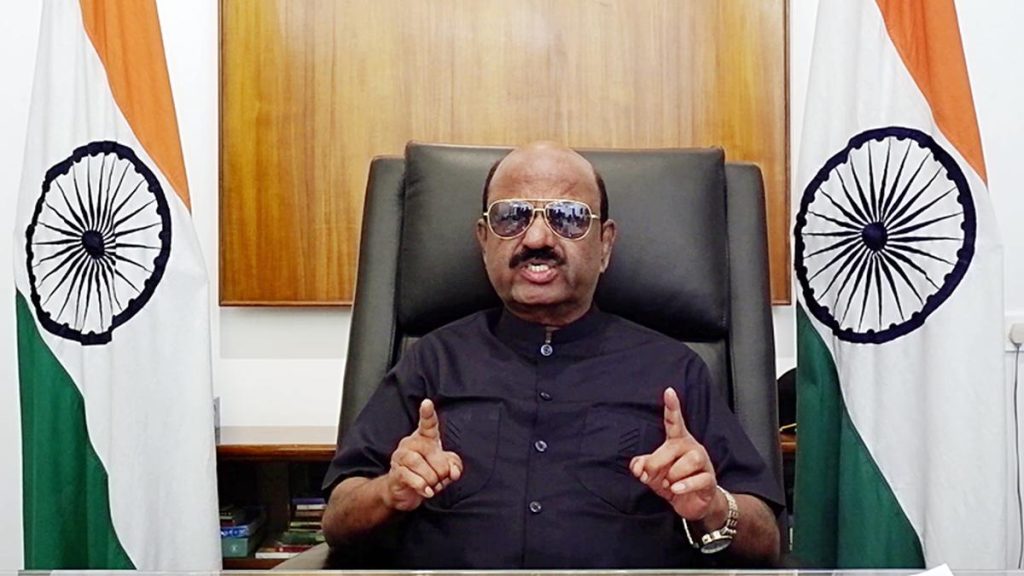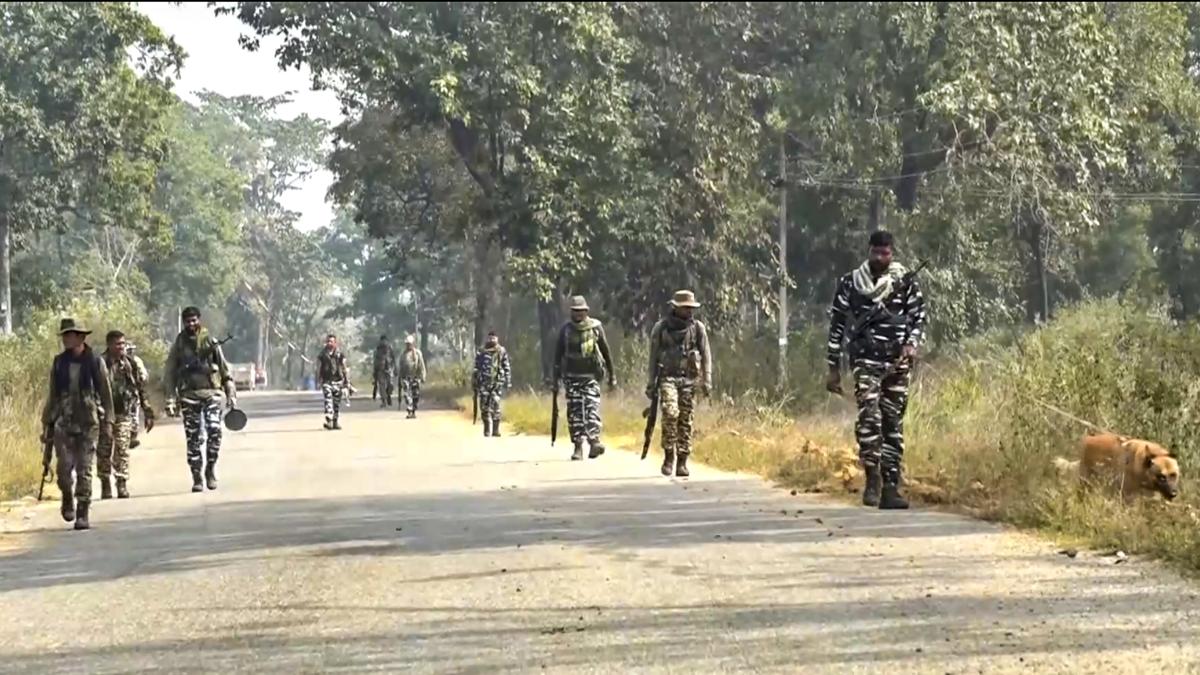Now Reading: Suvendu Adhikari Lists 50 Trinamool Youth Leaders Allegedly Controlling Bengal Campuses
-
01
Suvendu Adhikari Lists 50 Trinamool Youth Leaders Allegedly Controlling Bengal Campuses
Suvendu Adhikari Lists 50 Trinamool Youth Leaders Allegedly Controlling Bengal Campuses
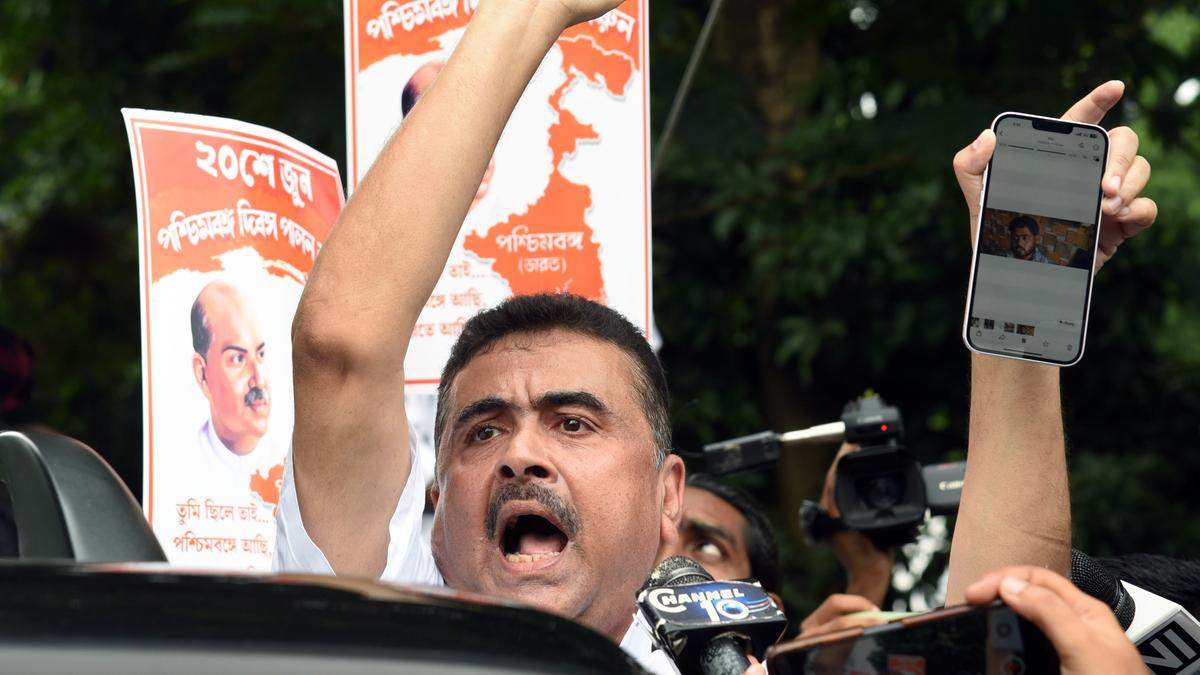
Swift Summary
- Accusations by Suvendu Adhikari: BJP Leader and West Bengal’s Opposition leader presented a list of 50 Trinamool student leaders, accusing them of exerting unchecked power across educational institutions in the state.
- Claims About Misuse of Positions: Alleged leaders were described as ex-students or employees holding non-teaching posts and assistant professor roles, appointed through illegal methods, sidelining deserving candidates.
- Specific Allegations: Adhikari alleged collage union rooms were hubs for harassment and substance abuse.Governing Bodies of educational institutions are accused of favoring Trinamool cadre for hiring en masse.
- Former Education Minister Mentioned: Partha Chattopadhyay’s name surfaced in allegations regarding fraudulent appointments via the College Service Commission. He is currently imprisoned over another recruitment scam.
- Response from Trinamool Congress: Party spokesperson Kunal Ghosh refuted claims, questioning Adhikari’s stance during his tenure with Trinamool. He compared dynamics to CPI(M) and BJP-controlled states’ campuses while defending student leaders in general.
- Highlighted Incidents:
– The Kolkata law college rape case involving Monojit mishra brought focus on misuse of influence attributed to certain student leaders referred to as “unofficial heads.”
– Alleged misconduct also surfaced against Pratik Kumar De and Sanjay Choudhury linked to inappropriate or threatening behavior targeting students.
Indian opinion Analysis
The allegations by Suvendu Adhikari spotlight potential governance challenges within West Bengal’s higher education system regarding recruitment practices and campus management. If proven valid, these claims could have meaningful implications on merit-based hiring processes, institutional autonomy, and overall public trust in educational bodies-a cornerstone for societal progress.
Adhikari’s emphasis on nepotism aligns with broader patterns seen nationwide about politicization within academia but warrants thorough examination before drawing conclusions. On the other side, sustained political counter-narratives from Trinamool Congress reflect inherent polarization that muddies the waters surrounding actionable reforms.
Cases like those highlighted-including campus harassment issues tied to political affiliations-raise larger questions about security frameworks protecting students from coercion or exploitation within such environments.Regardless of partisan angles presented here, openness remains central for substantiating these grave accusations objectively.
Read More: The Hindu


